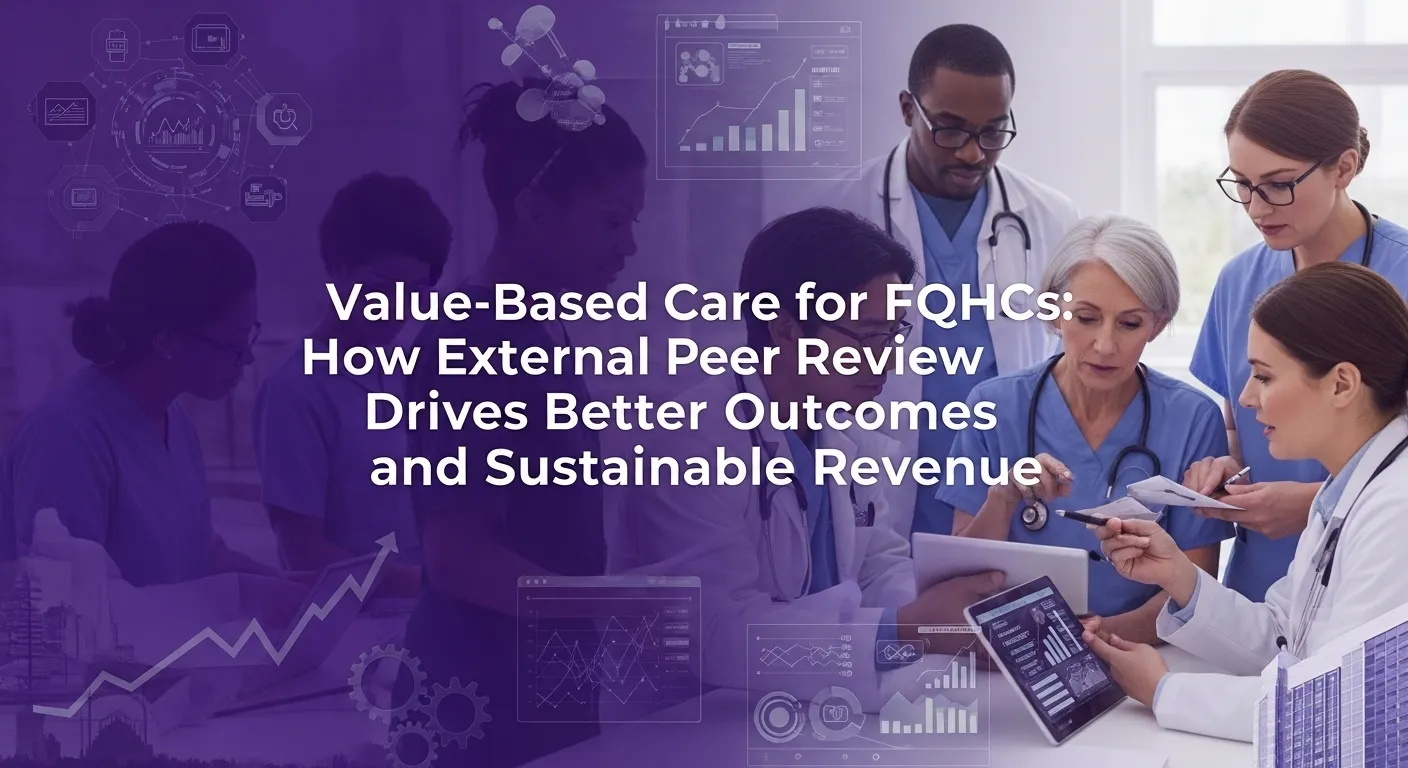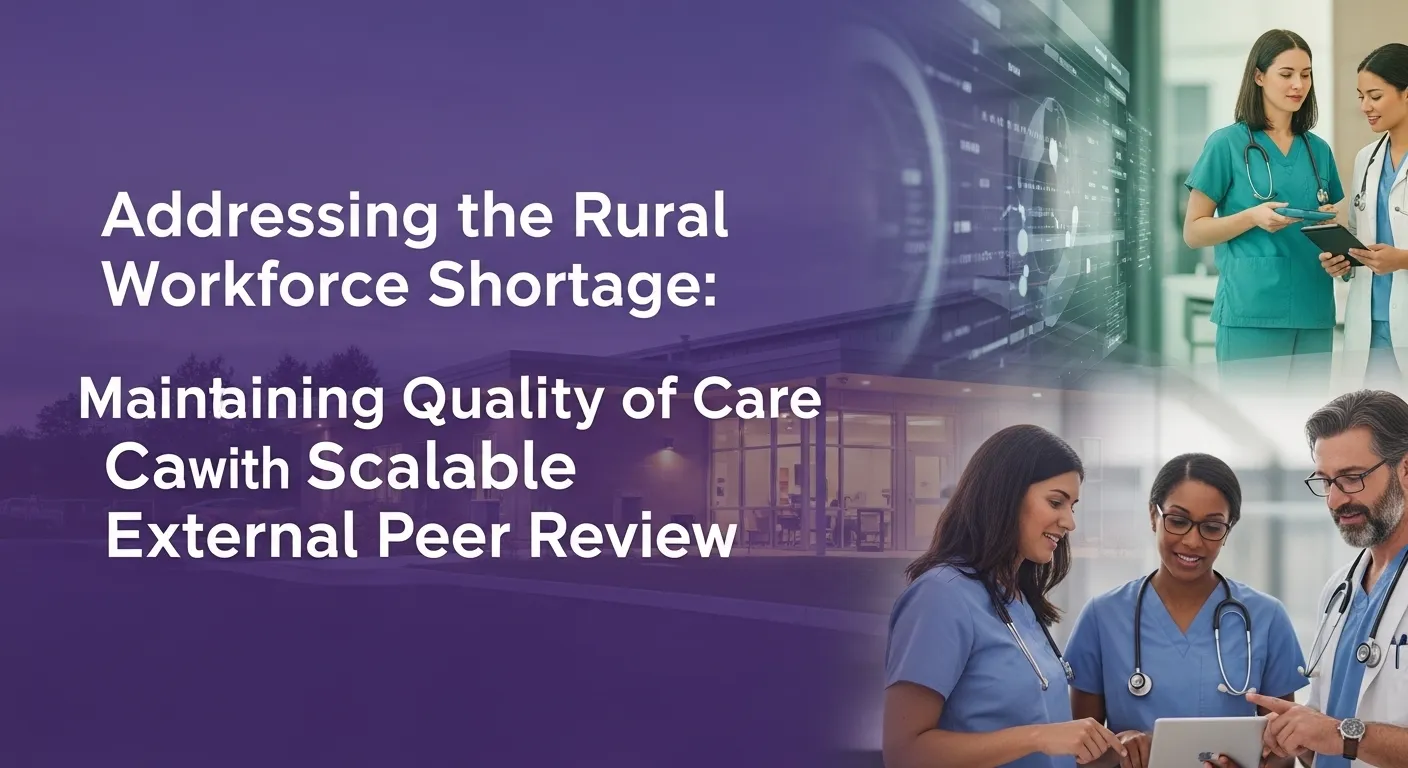
Table of Contents

AI transforming healthcare through precision diagnostics, personalized treatments, and predictive analytics while maintaining ethical oversight and human collaboration.
AI transforming healthcare through precision diagnostics, personalized treatments, and predictive analytics while maintaining ethical oversight and human collaboration.
AI's Transformative Impact on Modern Healthcare Solutions
Original Article Source: DOTmed Healthcare News
The Emerging Landscape of Artificial Intelligence in Healthcare
As technology continues to revolutionize every sector, healthcare stands at the forefront of a profound transformation driven by artificial intelligence. The integration of AI into medical systems is not just a trend, but a fundamental shift in how we approach patient care, diagnostics, and medical research.
Key Areas of AI Disruption
AI's potential in healthcare extends across multiple critical domains:
- Diagnostic Precision: Machine learning algorithms can analyze medical images with unprecedented accuracy
- Predictive Analytics: Identifying patient risk factors and potential health complications before they manifest
- Personalized Treatment Plans: Tailoring medical interventions based on individual patient data
Challenges and Considerations
While the promise of AI is immense, healthcare professionals and technologists must navigate complex challenges:
- Ensuring patient data privacy and security
- Mitigating potential algorithmic biases
- Maintaining the essential human element in medical care
The Role of Independent Peer Review in AI-Driven Healthcare
As AI systems become more sophisticated, the need for rigorous, independent medical review becomes paramount. At Medplace, we understand that technological innovation must be balanced with robust professional oversight. Our network of 132 specialized healthcare providers can offer critical external perspectives on AI-driven medical technologies, ensuring:
- Comprehensive validation of AI diagnostic tools
- Assessment of algorithmic accuracy and reliability
- Continuous improvement of machine learning models
Ethical Implications and Human Oversight
The integration of AI into healthcare is not about replacing medical professionals, but augmenting their capabilities. Independent peer review becomes a crucial mechanism to:
- Validate AI-generated recommendations
- Identify potential blind spots in machine learning models
- Preserve the critical thinking and empathy inherent in human medical practice
Real-World Applications and Case Studies
Emerging research highlights compelling use cases for AI in healthcare:
"AI technologies are demonstrating remarkable potential in early disease detection, particularly in complex conditions like cancer and neurological disorders." - Healthcare Innovation Research Group
Promising Research Directions
Current research suggests several exciting frontiers for AI in healthcare:
- Genomic Analysis: Predicting genetic disease risks with unprecedented accuracy
- Drug Discovery: Accelerating pharmaceutical research and development
- Remote Patient Monitoring: Enabling proactive and personalized healthcare interventions
Looking Forward: A Collaborative Future
The future of healthcare lies not in competition between human expertise and artificial intelligence, but in collaborative models that leverage the strengths of both. Independent peer review, such as that provided by Medplace's extensive network, will be instrumental in:
- Establishing trust in AI-driven medical technologies
- Ensuring ethical and accurate implementation
- Continuously refining machine learning algorithms
Conclusion: Navigating the AI Healthcare Revolution
As we stand on the cusp of a technological healthcare revolution, the key will be maintaining a balanced, thoughtful approach. AI offers unprecedented opportunities to improve patient outcomes, but it must be implemented with rigorous professional oversight, ethical considerations, and a commitment to human-centered care.
Medplace remains committed to bridging the gap between technological innovation and medical expertise, ensuring that the promise of AI in healthcare is realized responsibly and effectively.

Value-Based Care for FQHCs: How External Peer Review Drives Better Outcomes and Sustainable Revenue
Medplace external peer review helps FQHCs thrive in value-based care. Gain objective insights, cut compliance risk, reduce admin burden, and boost quality, provider satisfaction, & revenue.
.png)
.png)

Addressing the Rural Workforce Shortage: Maintaining Quality of Care with Scalable External Peer Review
Combat rural healthcare shortages and maintain quality with scalable external peer review. Medplace offers objective, specialty-matched reviews, reducing burden and ensuring compliance.
.png)
.png)

Unlocking Rural Health Transformation Grants: Leveraging Peer Review for Measurable Quality Outcomes
Medplace's external peer review transforms rural health grant applications. Objective, specialty-matched insights enhance documentation, compliance, and measurable quality outcomes.
.png)
.png)



.png)
.png)
.png)


.png)




.png)